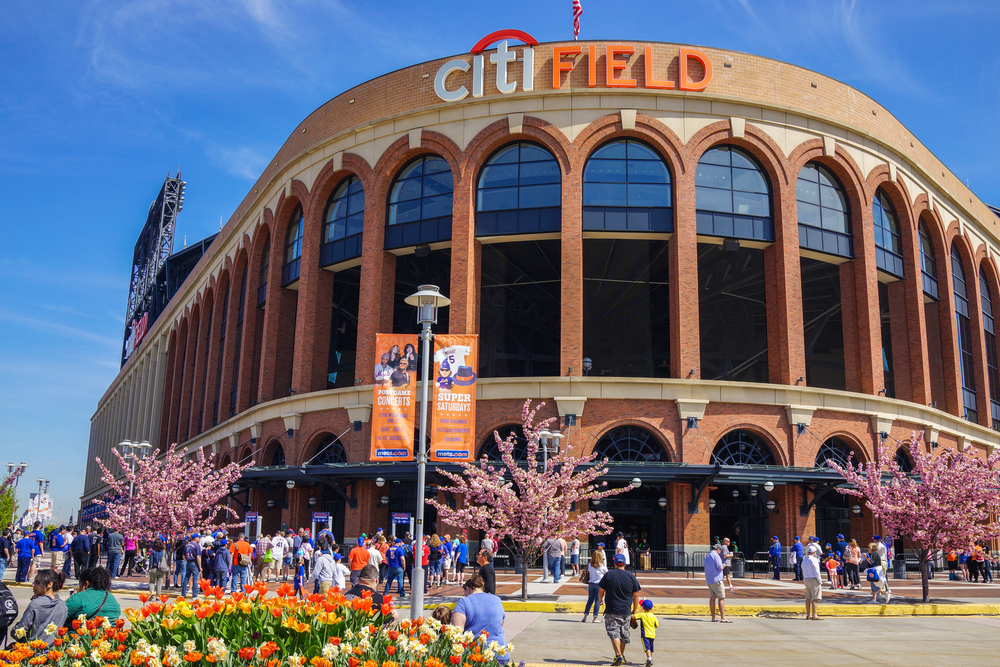BROWSE BY TOPIC
- Bad Brokers
- Compliance Concepts
- Investor Protection
- Investments - Unsuitable
- Investments - Strategies
- Investments - Private
- Features/Scandals
- Companies
- Technology/Internet
- Rules & Regulations
- Crimes
- Investments
- Bad Advisors
- Boiler Rooms
- Hirings/Transitions
- Terminations/Cost Cutting
- Regulators
- Wall Street News
- General News
- Donald Trump & Co.
- Lawsuits/Arbitrations
- Regulatory Sanctions
- Big Banks
- People
TRENDING TAGS
Stories of Interest
- Sarah ten Siethoff is New Associate Director of SEC Investment Management Rulemaking Office
- Catherine Keating Appointed CEO of BNY Mellon Wealth Management
- Credit Suisse to Pay $47Mn to Resolve DOJ Asia Probe
- SEC Chair Clayton Goes 'Hat in Hand' Before Congress on 2019 Budget Request
- SEC's Opening Remarks to the Elder Justice Coordinating Council
- Massachusetts Jury Convicts CA Attorney of Securities Fraud
- Deutsche Bank Says 3 Senior Investment Bankers to Leave Firm
- World’s Biggest Hedge Fund Reportedly ‘Bearish On Financial Assets’
- SEC Fines Constant Contact, Popular Email Marketer, for Overstating Subscriber Numbers
- SocGen Agrees to Pay $1.3 Billion to End Libya, Libor Probes
- Cryptocurrency Exchange Bitfinex Briefly Halts Trading After Cyber Attack
- SEC Names Valerie Szczepanik Senior Advisor for Digital Assets and Innovation
- SEC Modernizes Delivery of Fund Reports, Seeks Public Feedback on Improving Fund Disclosure
- NYSE Says SEC Plan to Limit Exchange Rebates Would Hurt Investors
- Deutsche Bank faces another challenge with Fed stress test
- Former JPMorgan Broker Files racial discrimination suit against company
- $3.3Mn Winning Bid for Lunch with Warren Buffett
- Julie Erhardt is SEC's New Acting Chief Risk Officer
- Chyhe Becker is SEC's New Acting Chief Economist, Acting Director of Economic and Risk Analysis Division
- Getting a Handle on Virtual Currencies - FINRA
ABOUT FINANCIALISH
We seek to provide information, insights and direction that may enable the Financial Community to effectively and efficiently operate in a regulatory risk-free environment by curating content from all over the web.
Stay Informed with the latest fanancialish news.
SUBSCRIBE FOR
NEWSLETTERS & ALERTS
What Should the LA Rams Do About Wells Fargo? Well, the NY Mets Stayed With Citigroup
To no fault of their own, the football Los Angeles Rams – recently transplanted from St. Louis – took Wells Fargo as one of their official sponsors. The bank sponsors the Community Player of the Week, which includes recognizing an LA Rams player and a Wells Fargo employee for their excellence in community service. Wells Fargo also offers LA Rams-branded debit and prepaid card designs to customers.
Obviously, the Wells Fargo sponsorship may get a little dicey for the team – particularly in the context of attacks on Wells Fargo from Capital Hill and the California Treasurer.
Yet, at a time when some would suggest the LA Rams distance themselves from Wells Fargo, a more prudent strategy could be to extend their sponsorship to directly benefit fans of the team, particularly those who are Wells Fargo customers in Los Angeles.
Three forms of justice could be in play: distributive justice, procedural justice, and interactional justice.
- Distributive justice refers to whether customers feel that the remedy put in pace is fair given the transgression.
- Procedural justice relates to the fairness of the policies and procedures involved.
- Interactional justice refers to the perceived fairness of their interactions with employees.
Let's Draw a Parallel to Citigroup's Sponsorship With the NY Mets. In 2006, the New York Mets began construction of a new $800 million stadium that would open with the 2009 Major League Baseball season. The team entered into a lucrative stadium naming arrangement with Citigroup, whereby the bank would pay $20 million a year ($400 million over 20 years) in exchange for the rights to have the stadium named "Citi Field," along with a fully integrated partnership with the NY Mets, that would include Citi brand and business unit presence throughout the new ballpark."
All was rosy until the 2008 financial crisis, when Citigroup, which now does business as Citi, received billions of dollars in taxpayer-funded bailout money and laid off 50,000 employees. Yes, the advertising would likely help Citigroup recover its financial footing and repay the bailout. However, many bitterly complained that “the American taxpayers have invested heavily in these banks and the bailout fund should not be used for this purpose."
In the end, the participants took the 'high road' and maintained the partnership - which, we all can agree, has benefitted the NY Mets, Citi and New York City.





